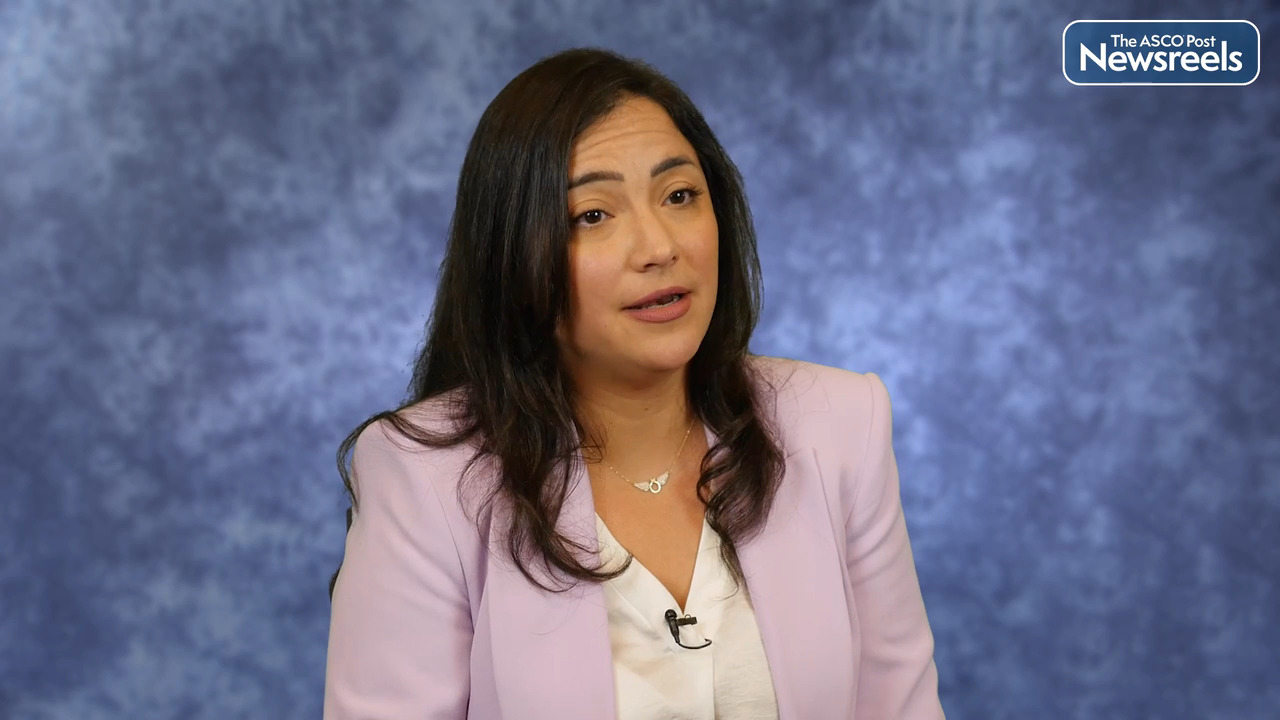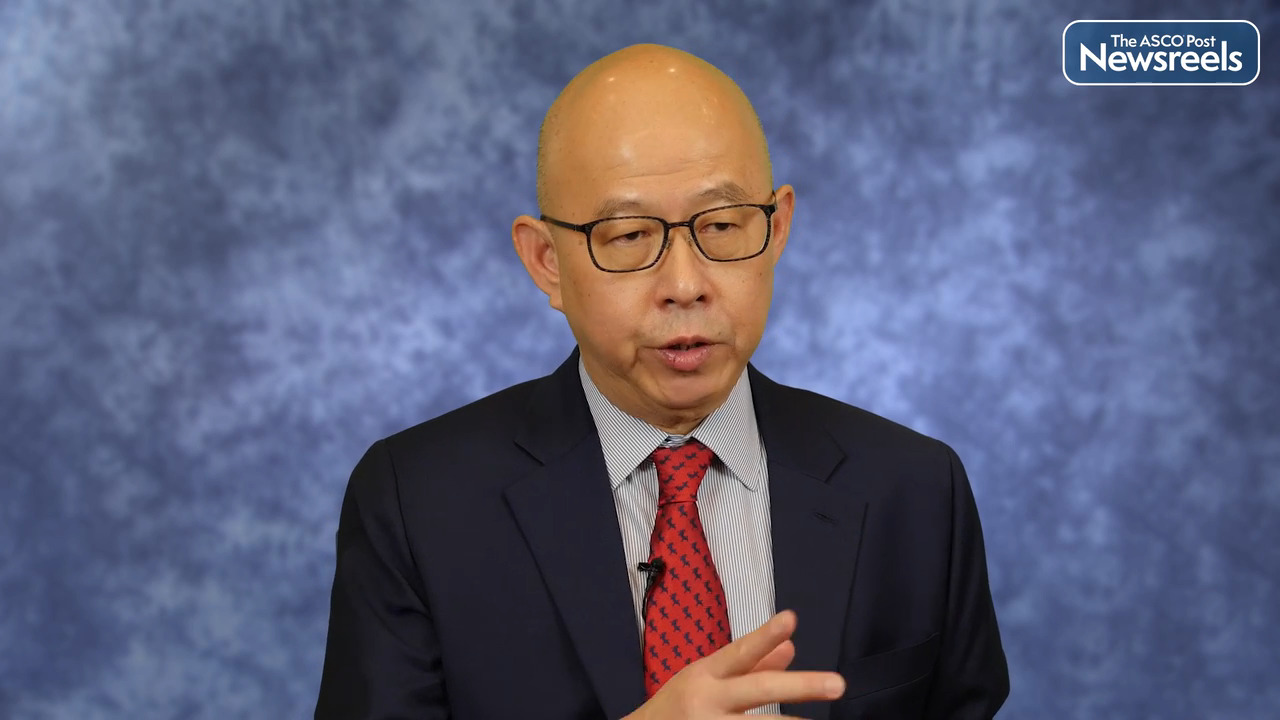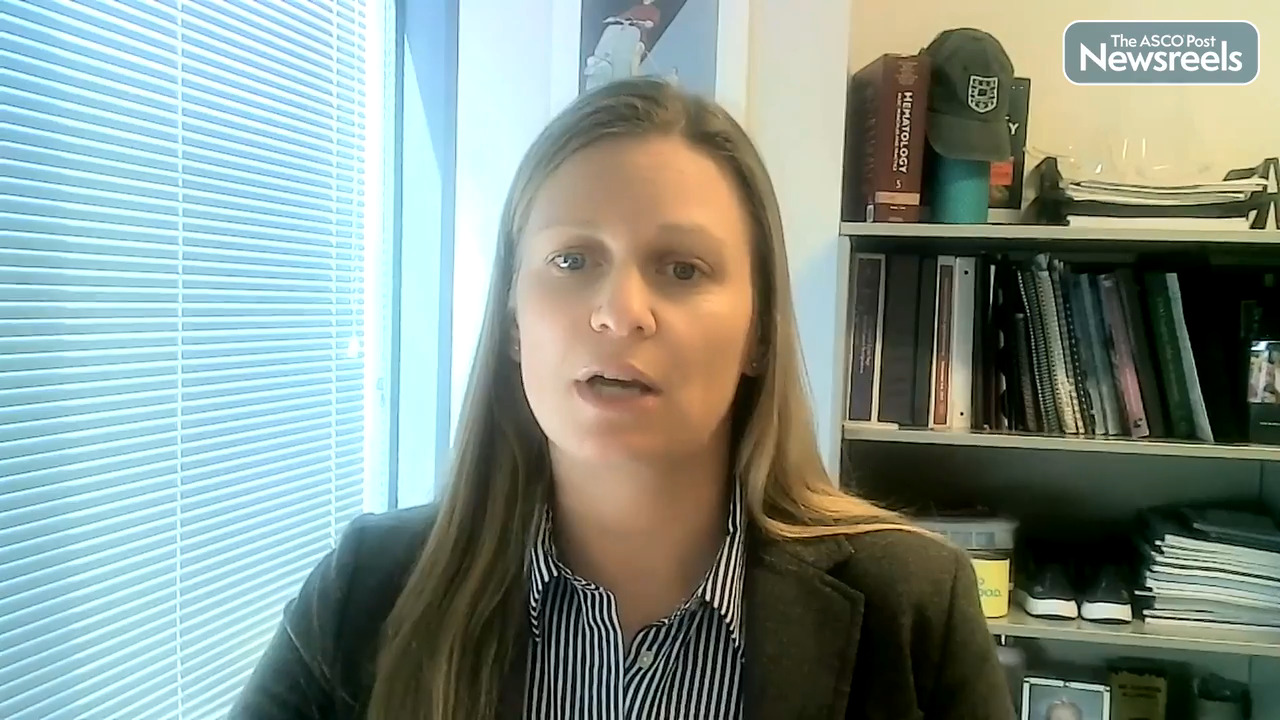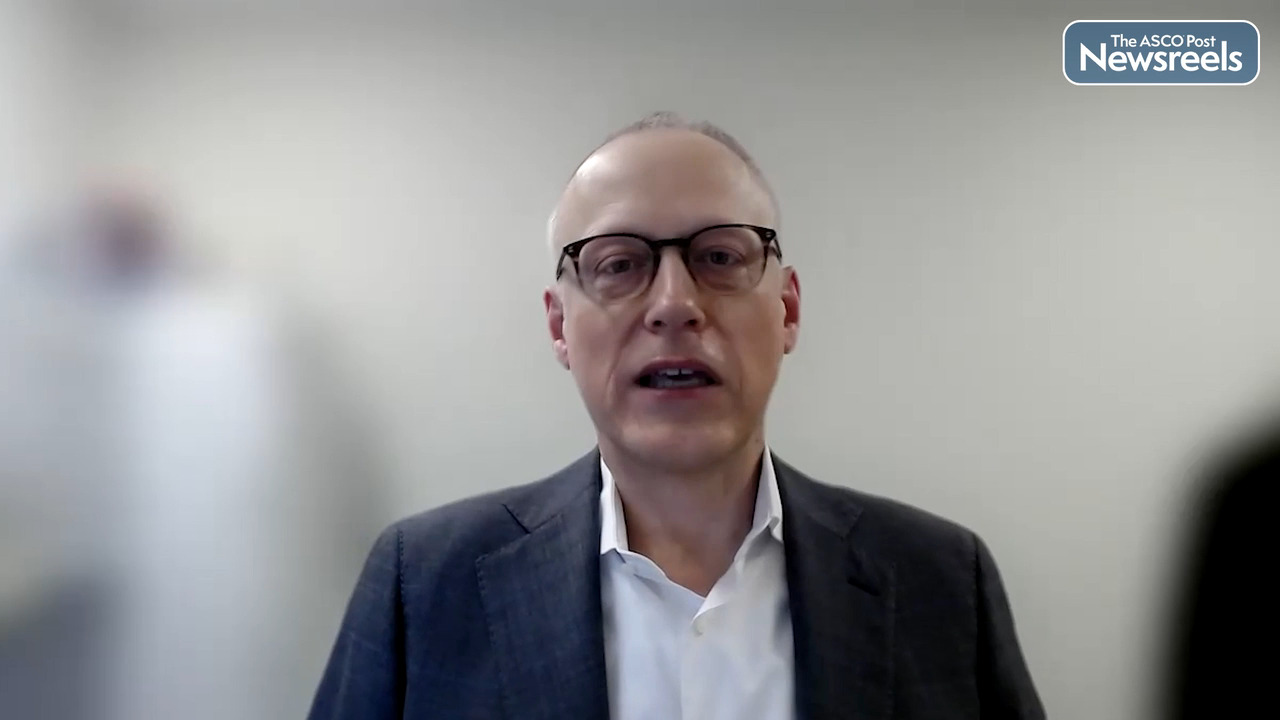Karriem S. Watson, DHSc, on Early Engagement in Clinical Trials for Underrepresented Communities
AACR Annual Meeting 2023
Karriem S. Watson, DHSc, MPH, of the National Institutes of Health All of Us Research Program, discusses the importance of engaging in clinical trials for those who are underrepresented in biomedical research. Community engagement is a proven and effective tool, Dr. Watson says, to enhance participation in research by increasing access to and awareness of medical studies and has already been shown to expand the reach of therapies, improving cancer outcomes. (Abstract PL03-05)
Transcript
Disclaimer: This video transcript has not been proofread or edited and may contain errors.
It is been my pleasure to discuss the importance of diversity in clinical trials. As a cancer disparities researcher and as well as Chief Engagement Officer for the NIH All of Us Research Program, I've seen firsthand what intentional community engagement can do to improve cancer outcomes. I've seen the impact of community-based participatory research as an evidence-based tool to support reaching populations that have been historically underrepresented in biomedical research. We think about populations that carry some of the greatest burden of cancer, such as African-American men. In my research, I've been able to engage African-American men as citizen scientists by working with barbershops, by working with faith leaders as well as members of fraternities and other civic organizations to ensure that we engage members from the community, members that carry the same burden of disease that we see in the populations, that we want to do outreach to engage those partners as equal participants and equal partners in our work.
And it's been through trusted relationship building that we've been able to address and mitigate some of the historical misgivings that have happened, such as when you think about things and studies like those that happened to Henrietta Lacks, when you think about the United States Public Health Service study of syphilis in Tuskegee, Alabama, you think about the historical medical mistrust that has happened. As a result of some of that historical medical mistrust it's important for us to build honest and transparent relationships with people. And through the NIH All of Us Research Program , it's been through these trusted relationships through an engagement ecosystem of over 135 national and local partners that we've been able to build partnerships to address trust, to address transparency, to address things like how do we return value in research, and it's through those trusted partners that we'll be able to advance health disparities research.
Additionally, in my work, I've also looked at some of the ways that we can culturally tailor our educational tools. When you think about a lot of the resources that we have to address cancer disparities, a lot of those resources were not made by, for, nor with populations that carry the greatest burden of disease. In my work, I've found that including the community in both the design, the implementation, as well as dissemination of the research will improve the reach as well as help us to get to mitigating many of those cancer disparities. In the All of Us research program, we've seen firsthand that including community members as partners through intentional community engagement can actually increase the representation of diverse populations in research. We actually have unprecedented numbers of diversity equity inclusion with over 46% of our participants who self-identify as racial and ethnic minorities. And over 80% of our participants are from an underrepresented group in biomedical research. All that has been achieved through direct community engagement.
Related Videos
The ASCO Post Staff
Diana Azzam, PhD, of Florida International University, Robert Stempel College of Public Health and Social Work, discusses her study results, which showed that treatment protocols guided by functional precision medicine yielded significantly longer progression-free survival and improved overall response in pediatric patients with relapsed or refractory cancer, compared with their previous treatment and standard of care. (Abstract LB358)
The ASCO Post Staff
Pierce K.H. Chow, PhD, MBBS, of the National Cancer Centre, Singapore and Duke-NUS Medical School, discusses phase III findings showing that, for patients with hepatocellular carcinoma at high risk of disease recurrence, adjuvant therapy with atezolizumab plus bevacizumab after resection or thermal ablation was more effective than active surveillance. According to Dr. Chow, these results could lead to reassessment of surgical resection in this disease. (Abstract CT003)
The ASCO Post Staff
Lindsay L. Peterson, MD, of the Washington University, St. Louis, discusses the value of physical activity in improving cancer prognosis, especially for patients with breast or colon cancer. Aerobic exercises and resistance training are recommended during and after treatment. Exercise may help inhibit tumor growth, improve quality of life by decreasing fatigue and anxiety, build muscle mass, increase physical function, and reduce surgical complications and treatment delays.
The ASCO Post Staff
Marcus O. Butler, MD, of Toronto’s Princess Margaret Cancer Centre, discusses evidence of tumor response in orbital lesions treated with tebentafusp in patients with metastatic uveal melanoma. Tebentafusp is a first-in-class novel bispecific protein, the first therapy to show superior overall survival compared with standard therapy for metastatic uveal melanoma. Based on these study findings, a role for this agent as a neoadjuvant treatment warrants further investigation. (Abstract LB 118/1)
The ASCO Post Staff
Dario A. Vignali, PhD, of the University of Pittsburgh School of Medicine, discusses LAG3, the third inhibitory receptor to be used in the clinic. He describes the signaling mechanism this immunotherapy uses; new insight into its function, alone and in combination with PD-1; and an analysis of samples from patients treated with LAG3/PD-1 therapeutics. (Abstract PL04-05)





